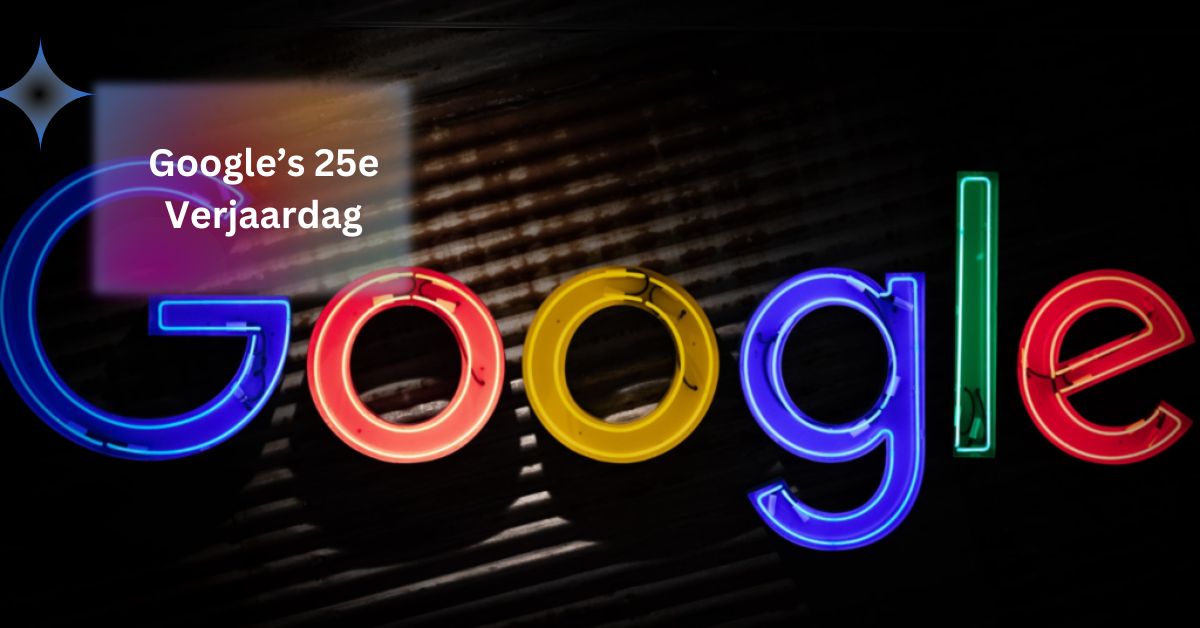Google’s 25e Verjaardag: Celebrating 25 Years Of Innovation And Impact
As Google celebrates its 25e verjaardag, or 25th anniversary, we reflect on the incredible journey of this tech giant. Google, which started out small in a dorm room at Stanford, has expanded into a major force in the world, transforming the ways in which we communicate, search for information, and use technology.
Google’s 25e Verjaardag marks the 25th anniversary of Google, celebrating its journey from a small startup to a global tech leader. This milestone highlights Google’s significant contributions to technology, culture, and everyday life.
Join us as we delve into the remarkable story of Google’s evolution and celebrate its 25 years of innovation and impact.
Introduction To Google’s 25e Verjaardag:
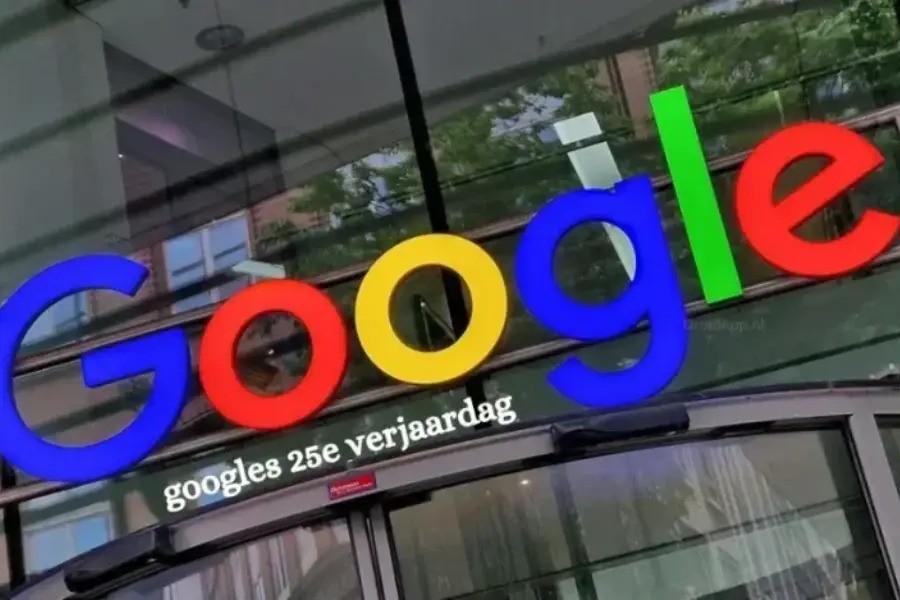
Overview Of Google’s Founding And Early Days:
Google’s story began in 1996 when Larry Page and Sergey Brin, two Stanford University Ph.D. students, started collaborating on a search engine called “Backrub.”
This project aimed to organize the vast amount of information on the web, making it easier for users to find relevant data.
Backrub’s unique PageRank algorithm, which ranked web pages based on relevance and importance, set it apart from existing search engines.
With a clear mission to “organise the world’s information and make it universally accessible and useful,” Page and Brin founded Google Inc. in 1998.
Key Milestones and Achievements Over 25 Years:
1999-2004: Early Growth And Expansion:
- 1999: Google secured $25 million in funding from Sequoia Capital and Kleiner Perkins, leading to rapid growth.
- 2000: Google launched AdWords, a revolutionary online advertising service, which became a significant revenue stream.
- 2001: Eric Schmidt joined as CEO, providing the managerial expertise needed for expansion.
- 2004: Google went public with an initial public offering (IPO) that raised $1.67 billion, solidifying its financial foundation.
2004-2010: Product Diversification:
- 2004: Google introduced Gmail, offering unprecedented storage space and email search functionality.
- 2005: Google Maps and Google Earth launched, transforming how users interact with geographical data.
- 2006: The acquisition of YouTube expanded Google’s reach into video content and social media.
- 2008: Google released the Android operating system, revolutionizing the mobile industry and fostering an ecosystem of applications through the Google Play Store.
2010-2015: Technological Advancements And AI Integration:
- 2011: Google+ was introduced as a social networking service but later discontinued in 2019.
- 2012: Google Drive launched, offering cloud storage and collaboration tools.
- 2014: Google acquired DeepMind, advancing its artificial intelligence (AI) and machine learning capabilities.
- 2015: The creation of Alphabet Inc. restructured Google and its various subsidiaries under a parent company, emphasizing a broader scope of innovation.
2015-2020: Continued Innovation And Global Influence:
- 2015: Google Assistant, an AI-powered virtual assistant, debuted, enhancing user interaction with devices.
- 2016: Google introduced TensorFlow, an open-source machine learning framework that has become a staple in AI research and development.
- 2018: Google celebrated its 20th anniversary, reflecting on its profound impact on technology and society.
- 2019: Stadia, a cloud gaming service, was launched, demonstrating Google’s commitment to cutting-edge entertainment technology.
2020-Present: Future Directions And Challenges:
- 2020: Google responded to the COVID-19 pandemic by enhancing its services to support remote work and education.
- 2021: Continued advancements in AI, including improvements in Google Search and other core products.
- 2023: Google emphasized sustainability and environmental initiatives, aiming for carbon-free operations by 2030.
Over the past 25 years, Google has maintained its dominance as a search engine and diversified into numerous areas of technology, continuously pushing the boundaries of innovation. Its journey from a small garage startup to a global tech powerhouse is a testament to its founders and team’s vision, ambition, and resilience.
From Dorm Room To Global Tech Giant:
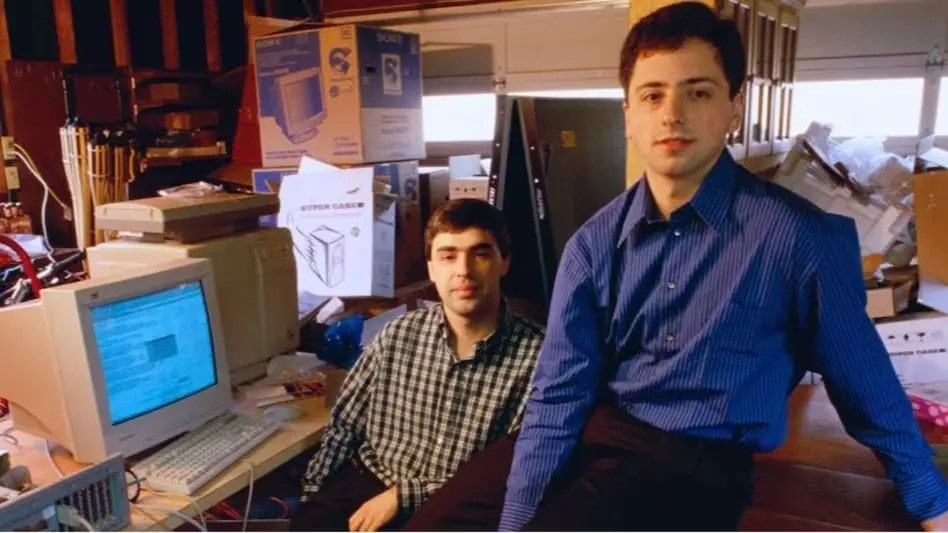
Larry Page And Sergey Brin’s Initial Vision:
The vision for what would become Google started with Larry Page and Sergey Brin’s shared goal to make the vast amount of information on the web more accessible and valuable. As Ph.D.
students at Stanford University in the mid-1990s, they recognized the inefficiencies in the existing search engines and sought to develop a system that could rank web pages based on their relevance.
They used a novel algorithm in their study, which they originally called “Backrub,” because they thought it might completely change online search.
Development Of The Pagerank Algorithm:
The PageRank algorithm, named after Larry Page, was at the core of their project. This algorithm assessed the importance of web pages by analyzing the quantity and quality of links pointing to them.
Unlike other search engines that relied on essential keyword matching, PageRank considered the web’s link structure to indicate a page’s value.
This innovative approach resulted in more accurate and helpful search results, setting the foundation for Google’s future success.
Rapid Growth And Initial Success:
By 1998, Page and Brin had formally incorporated their project as Google Inc. Operating out of a friend’s garage in Menlo Park, California, they launched the Google search engine.
Its speed, simplicity, and effectiveness quickly drew users, leading to rapid growth. In 1999, Google secured $25 million in venture capital funding from Sequoia Capital and Kleiner Perkins, enabling further expansion and development.
By the early 2000s, Google had established itself as a leading search engine known for delivering reliable and relevant search results.
Google’s Influence On Technology And Culture:

Transformation Of How We Search And Retrieve Information:
Google revolutionized how we access information. Before Google, search engines often provided irrelevant results. The PageRank algorithm changed this by prioritizing relevant and authoritative web pages, making it easier to find accurate information quickly. Continuous improvements using AI and machine learning have further enhanced search accuracy.
Innovations In Search Algorithms And User Experience:
Google’s innovations include:
- Knowledge Graph: Launched in 2012, it provides summaries of information related to search queries.
- RankBrain: Introduced in 2015, it uses AI to understand complex queries.
- BERT: Implemented in 2019, it improves understanding of query context.
These advancements have made Google Search more intuitive and user-friendly.
Shaping Digital Culture
Google’s Role In Influencing Online Behavior And Trends:
Google has significantly influenced online behavior. The term “Googling” is now synonymous with searching online. Through its platforms and services, Google has shaped how we interact with the Internet:
- YouTube: Acquired in 2006, it has transformed video content creation and consumption.
- Google Trends: Offers insights into search behavior, reflecting and influencing trends.
Impact On Social Norms And Digital Communication:
Google’s products have changed social norms and communication:
- Gmail: Revolutionized email with features like ample storage and powerful search.
- Google Meet: Facilitated remote communication, especially during the COVID-19 pandemic.
These tools have become integral to how we connect and communicate.
The Evolution Of Google’s Logo And Global Reach:
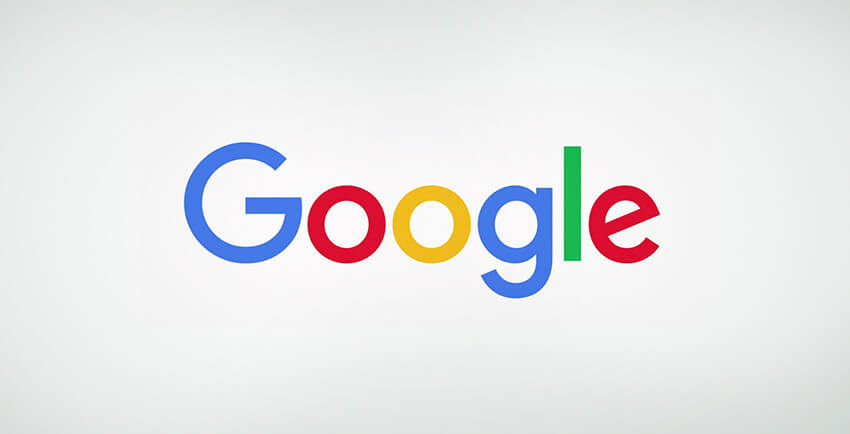
History And Changes Of Google’s Logo Over The Years:
Google’s logo has evolved significantly since its inception. The original logo, created in 1998, featured a simple, colorful wordmark. Over the years, the design has become more streamlined, with notable changes in 2010 and 2015, enhancing simplicity and modernity.
Strategic Branding Decisions And Their Impact:
Each redesign aimed to reflect Google’s evolving brand identity and technological advancement. The 2015 redesign introduced a sans-serif typeface, symbolizing a shift towards a more contemporary and versatile image suitable for various digital platforms.
Presence In Global Markets:
Google’s services are available worldwide, with localized versions of its search engine and other products in multiple languages. This extensive reach has made Google an integral part of the daily lives of billions of people globally.
How Google’s Services Have Transcended Geographical Boundaries:
Google’s ability to adapt its services to different cultures and languages has allowed it to transcend geographical boundaries. Services like Google Translate and regional adaptations of YouTube and Google Maps cater to diverse user needs, ensuring global accessibility.
Educational Initiatives:
Google has launched numerous educational programs, such as Google for Education, providing global tools and resources to enhance learning experiences. These initiatives support teachers, students, and academic institutions.
Sustainability Efforts And Philanthropic Activities:
Google is committed to sustainability, aiming to operate on carbon-free energy by 2030. Additionally, through Google.org, the company supports various philanthropic activities, including disaster relief, education, and economic development projects worldwide.
Celebrating Google’s 25e Verjaardag:
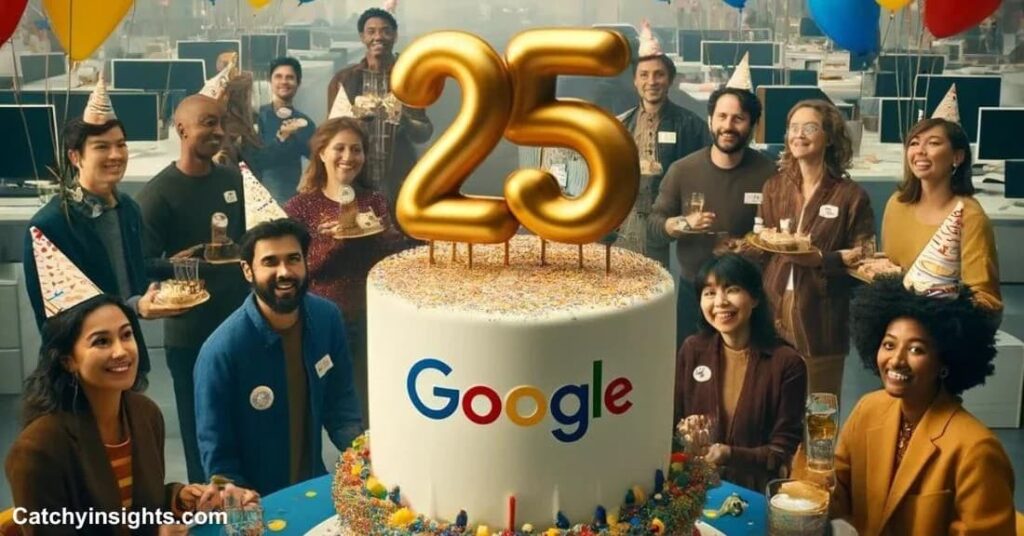
Overview Of Global Celebrations And Events:
To mark its 25th anniversary, Google is hosting various global celebrations and events. These include virtual conferences, workshops, and seminars highlighting Google’s journey and innovations over the past quarter-century. Special online events and interactive experiences are designed to engage users worldwide.
Community Outreach Programs And Interactive Exhibits:
Google is organizing community outreach programs and interactive exhibits to celebrate its anniversary. These initiatives showcase Google’s impact on society and its commitment to social responsibility. Interactive displays allow users to explore Google’s history and innovations through immersive experiences.
Recognition Programs And Awards For Google Employees:
Google is acknowledging its employees’ contributions through various recognition programs and awards. These include special ceremonies and accolades for long-serving employees and those who have significantly impacted the company’s growth and success.
Employee-Led Initiatives And Stories:
Employees are encouraged to share their experiences and stories during the anniversary celebrations. Google supports employee-led initiatives that give back to local communities, highlighting the company’s culture of innovation and collaboration. These stories and projects emphasize the human element behind Google’s technological achievements.
Google’s Societal Impact And Future Directions:

Google has democratized information access, making vast amounts of data universally accessible through its search engine and educational initiatives like Google Scholar. Its economic impact includes job creation and support for innovation, benefiting global and local economies.
Google is committed to sustainability, aiming for carbon-free operations by 2030 and investing in emerging technologies like AI and quantum computing to drive future advancements.
The company faces challenges in addressing the digital divide and navigating geopolitical and regulatory issues but also sees these as opportunities to lead in responsible technology use.
By continuing to innovate and foster inclusive solutions, Google aims to impact society and shape the future of technology positively.
With a focus on ethical practices and community engagement, Google’s vision for the future remains one of progress and global benefit.
Conclusion:
As we celebrate Google’s 25e Verjaardag, it’s clear that Google’s journey from a dorm room startup to a global tech giant has been marked by relentless innovation and a profound impact on technology and society.
Google’s influence is vast, from revolutionizing information access and contributing to economic growth to shaping digital culture and addressing global challenges.
Google’s commitment to sustainability, emerging technologies, and ethical practices promises continued advancements and positive societal impact.
As Google enters its next quarter-century, it stands poised to keep transforming the world and improving lives through technology.
FAQs:
1: What Was Google’s First Major Product After Its Search Engine?
Google’s first primary product after its search engine was AdWords, launched in 2000.
2: How Has Google Contributed To Advancements In AI?
Google has developed AI technologies like Google Assistant and TensorFlow, driving innovation in artificial intelligence and machine learning.
3: What Is Google’s Goal Regarding Environmental Sustainability?
Google aims to operate on carbon-free energy by 2030.
4: How Does Google Support Education Globally?
Google supports education through tools like Google for Education, Google Classroom, and partnerships with educational institutions.
